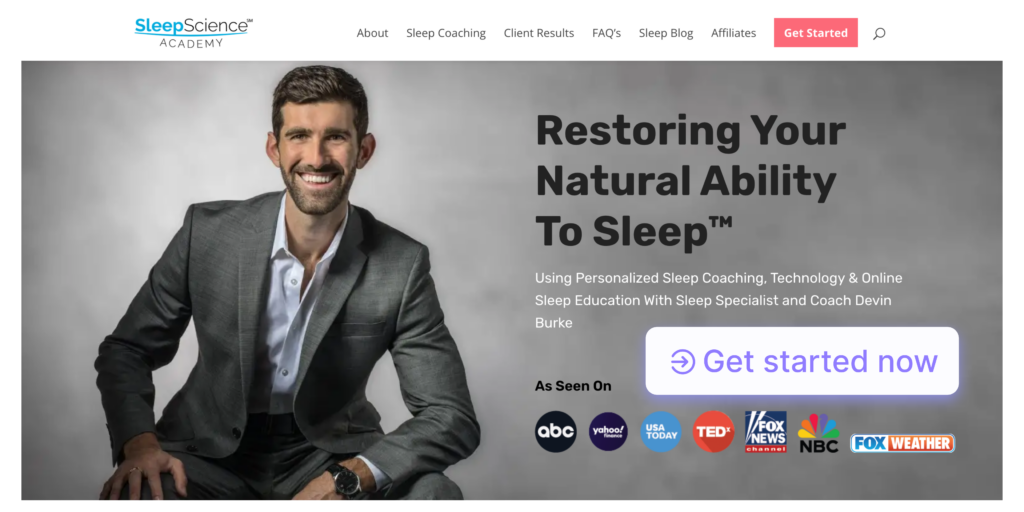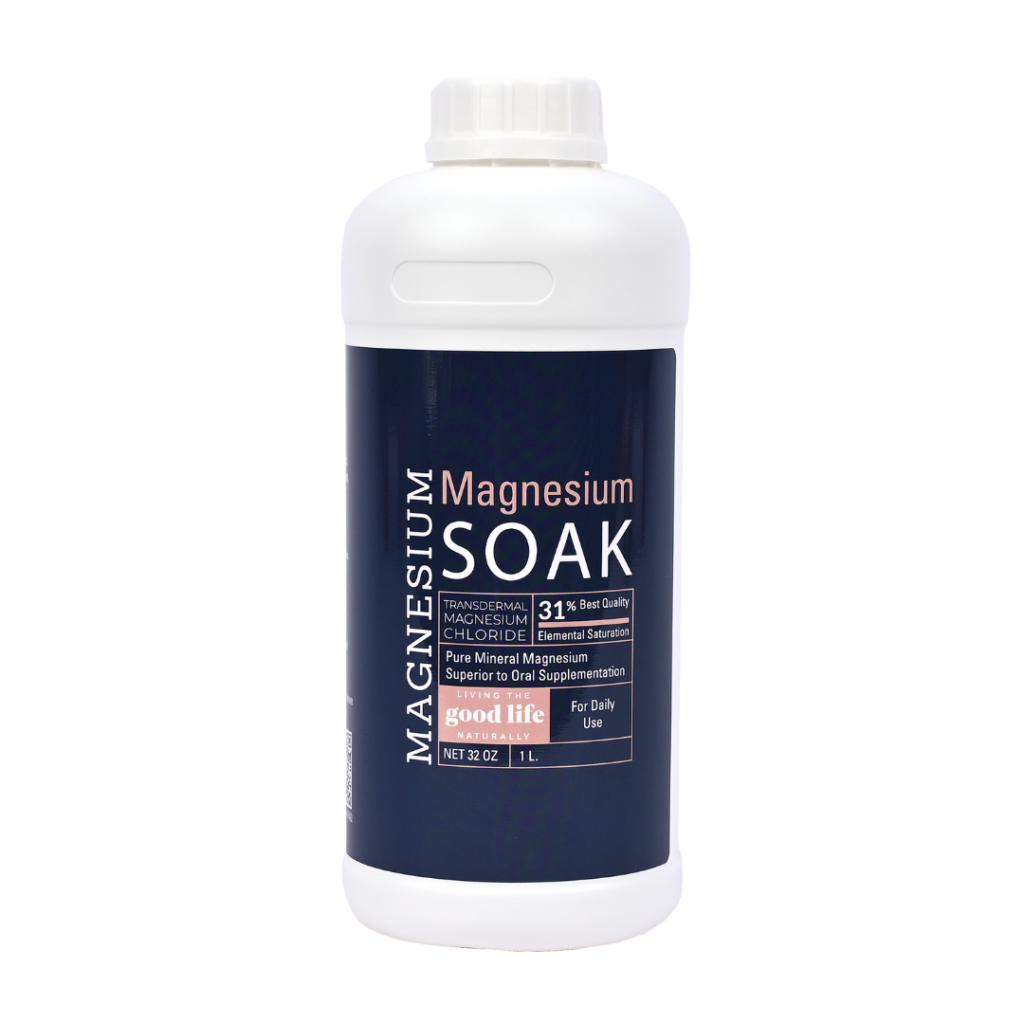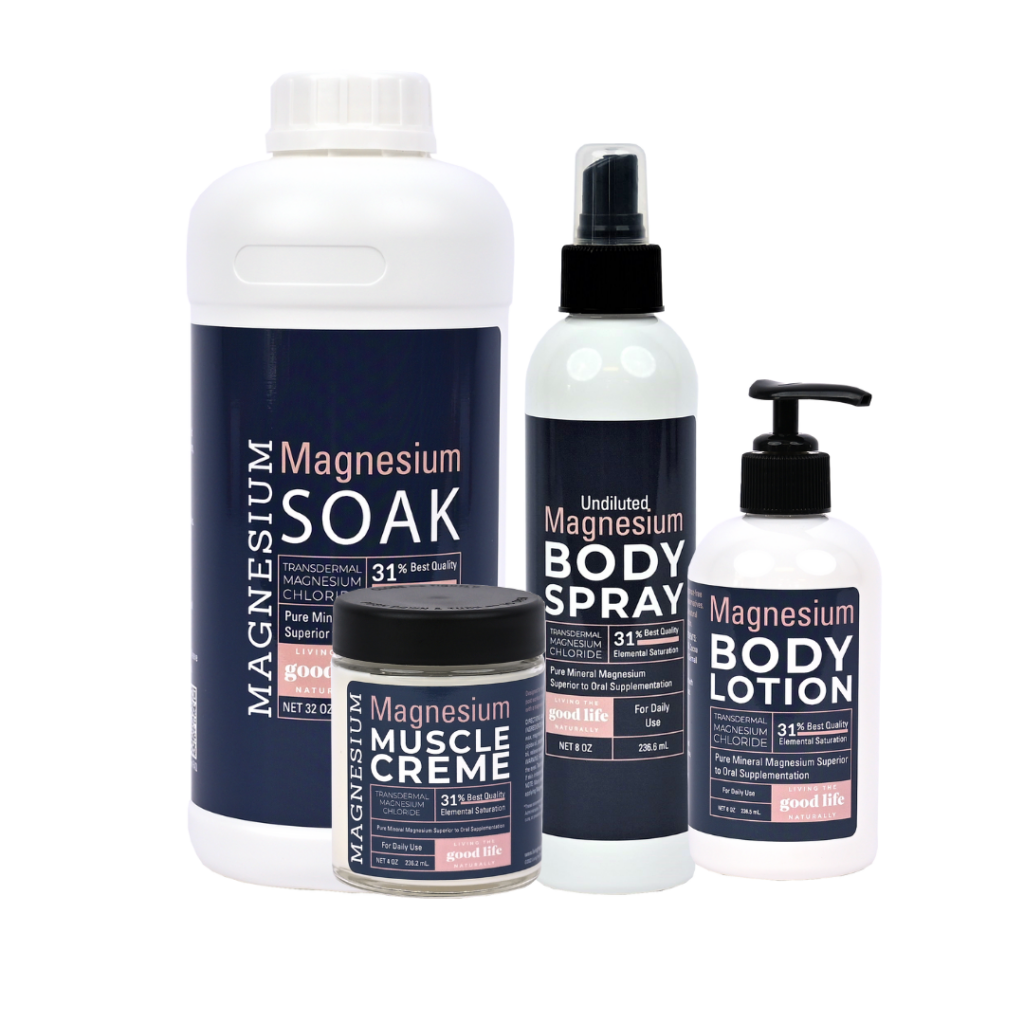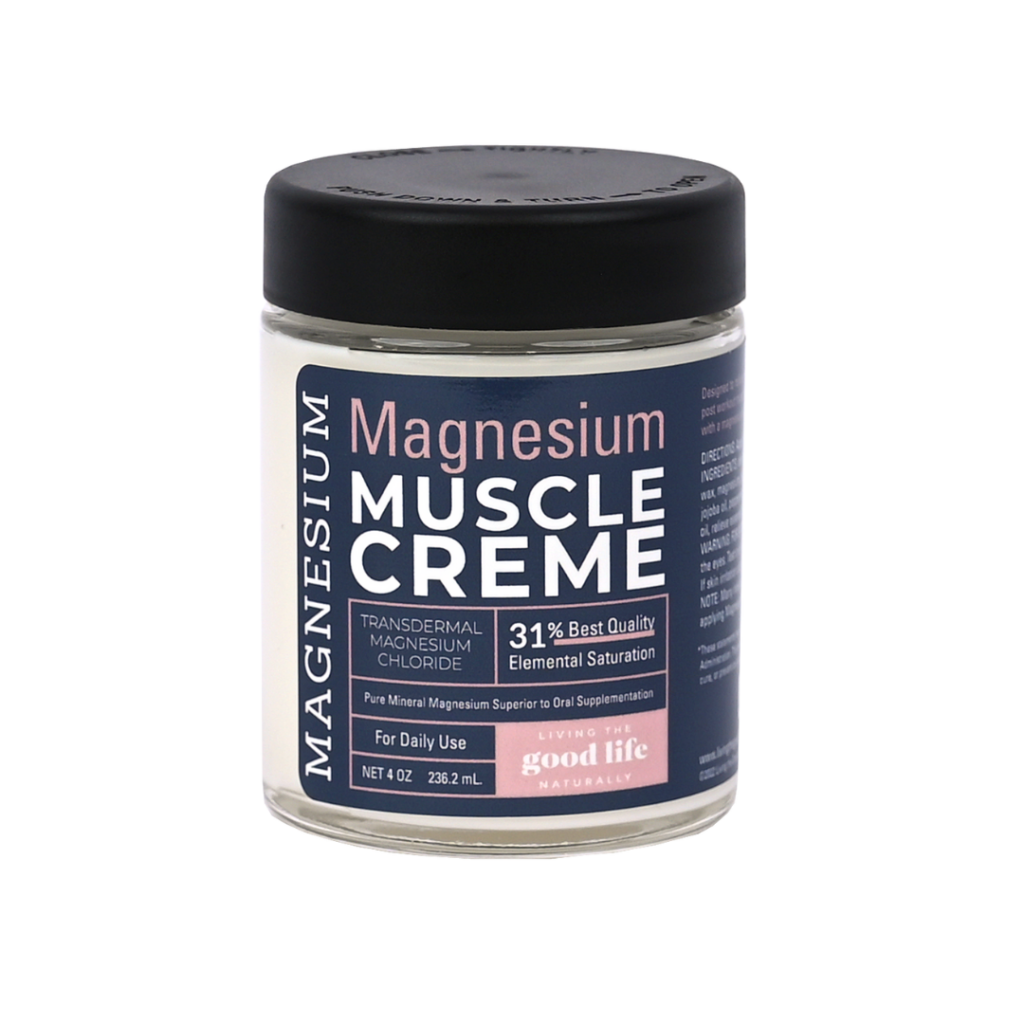In Oregon you can purchase psychedelic mushrooms from a dispensary just like cannabis.
While the rest of the 49 states are left to find “the person with the good stuff”.
Which leaves a medical practitioner in a bind when they know you may benefit from psilocybin therapy.
Connecting with a quality source and someone you trust to guide your client through the process can be tricky depending on the client’s location and ability to travel.
With the rise in use of psychedelic mushrooms and plant medicine it’s wise to know what these alternative health options can do, their limitations and how to obtain a quality source – in the event that your medical practitioner doesn’t have options for you.
Because I just interviewed Tara Portelli, founder of Arcadia Healing Sanctum a psilocybin retreat center in Tulum, Mexico and British Columbia I decided it’s time to share what I’ve learned to date on psilocybin therapy.
Let’s first talk about – What is psilocybin?
It’s a naturally occurring compound found in certain species of mushrooms, often referred to as “magic mushrooms.”
When ingested, psilocybin converts to psilocin.
Psilocin interacts with serotonin receptors in the brain, leading to altered states of consciousness, including changes in mood, perception, and cognition.
In many cases the psilocin helps someone who’s been working on re-wiring their brain speed up the process.
The effects of psilocin can help you change how you think.
Of course you have to be working on the process as in the case of psilocyin therapy programs.
Recent research has shown a promising therapeutic potential for psilocybin, when administered in a controlled setting.
Mental health benefits of psilocybin include:
- Improvement of depression: Psilocybin has shown promise in alleviating tough to treat depression cases. Significant mood improvements after just one or two sessions have been reported.
- Decreased anxiety: as it pertains to health conditions, terminal illness and even general anxiety.
- Reduction of Post-Traumatic Stress Disorder (PTSD): Research suggests psilocybin helps clients process trauma in therapeutic settings, which reduces PTSD symptoms.
- Relieving substance use disorders: Psilocybin therapy has also been found to be a treatment for addiction, including tobacco and alcohol dependence as the lasting results come from psilocybin helping clients work through mental blocks.
- Overcoming self sabotaging behaviors – research has shown psilocybin can help you get to the root of habits that do not serve you and non-beneficial repetitive patterns in your life
- Improved life satisfaction, personal growth and development – all areas that psilocybin have been found to help move people toward their goals
Dr. Krause’s Protocols
Instructions Included
Traveling soon? Looking to detox or reset your gut? Try one of Dr. Krause’s Fullscript plans.
What happens in psilocybin therapy?
From what I’ve seen and learned from retreat founders, like Tara Portelli, a structure to psilocybin therapy yields the best results.
- Preparation: Patients work with a therapist weeks ahead and the day of to set intentions and understand what to expect during the session.
- Guided Psilocybin Session: Under supervision, the patient ingests a measured dose of psilocybin. During the session, which lasts several hours, therapists provide a safe, supportive environment to help the patient explore their thoughts and emotions.
- Integration: After the session, patients work with their therapist for weeks to months to process and integrate the experience, often leading to insights that promote healing, growth and lasting change.
While psilocybin therapy may sound amazing, it’s not for everyone.
Research is ongoing to uncover all the benefits however, there are some safety considerations and contraindications.
Contraindications are due to increased risk for psychological distress.
- History of schizophrenia, psychosis, bipolar disorder, and borderline personality disorder are contraindicated for psilocybin
- Pregnancy and breastfeeding due to insufficient scientific data to assess risk.
- Heart rate and blood pressure that are not stable or controlled
- Uncontrolled cardiovascular conditions
- Antidepressants, antipsychotics, psychostimulants, lithium, and other dopaminergic or serotonergic agents (SSRI, TCAs, MAOIs)
- Diclofenac and Probenecid are known interactions
Away from the contraindications, research has shown adverse events are minimal and it’s almost unattainable to achieve a lethal dose compared to other psychedelic medications.

Use code DRJ10 for 10% off
From what I’ve learned, for psilocybin therapy to be maximally effective it’s best to be done under supervision with preparation, guidance during the therapy and afterwards to integrate what was learned from the process.
Psilocybins have the potential to induce intense psychological experiences requiring guidance.
Having someone to walk you through the experiences and learn from them is key to get the most out of the therapy.
I have no doubt there will be more research on Psilocybin Therapy overtime.
I’ve seen it’s benefits in my clients first hand and they are impressive.
You do not have to use large dosages to get effect and even microdosing can be effective when used with a mental health professional’s guidance.
While I have not taken larger dosages of psilocybin therapy I have used the microdosing and found it as an aid to help me move past my bouts of anxiety a few years ago.
What I do recommend is having someone who is trained to guide you through the psilocybin process as it’s common for those who microdose to say they didn’t notice anything…
…and for those who use larger dosages to not know how to integrate what they learned in their psychedelic experience.
I know there’s a lot of stigma around using mushrooms however I invite you to ponder how it’s being used.
It’s not a permanent daily medication, there are no chemicals or fillers used in the growing of high quality mushrooms and it’s meant to provide a mental health transformation that lasts.
Mainstream medications do not work if you stop them.
Yes, there is a psychedelic experience involved yet, you’re not doing it just to “get high”, there’s a bigger purpose here.
You have to be willing to put in the work and explore your blocks to optimal mental wellness.
Relax & Rejuvenate Naturally
Living the Good life Naturally Magnesium
USE CODE: HEALTHFIX for 10% OFF



Psilocybins are not for you if you want a magic pill.
If you can feel better mentally, how can this benefit you, your loved ones and on a larger scale the world?
What could you achieve and who could you become if you could move past self sabotage and mental health issues?
Mainstream medications can’t offer a transformation like psilocybin therapy as it benefits mood and entire outlook on life.
If you’re curious about what psilocybin therapy or retreats are like – take a listen to my podcast with Tara Portelli, where I ask her all the questions I get and I’ve pondered myself.
Click HERE to listen to Ep 502 of The Health Fix Podcast.
If you would like to read more about psilocybin therapy Frontiers in Psychiatry has a great article that I’ve referenced here (https://www.ncbi.nlm.nih.gov/pmc/articles/PMC9751063/).
Here’s to your mental health,
Dr. J
PS: Your business health can weigh on your mental health. If you’re looking to gain higher quality clients, my mentor Selena Soo has a free guide to landing them – available now – for free – click HERE to get it now!









